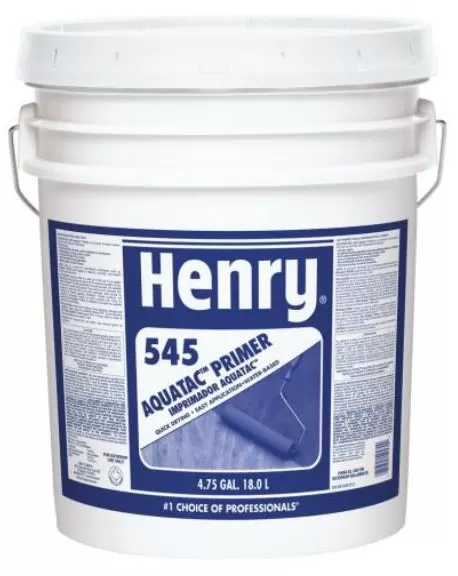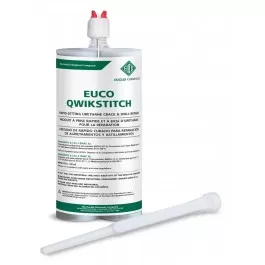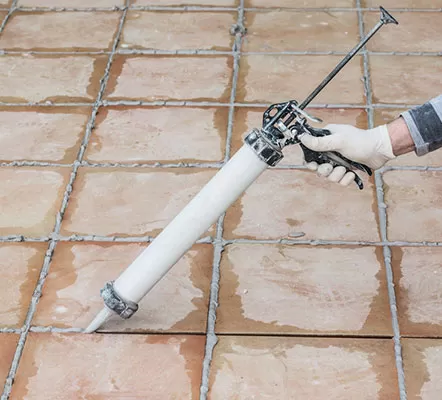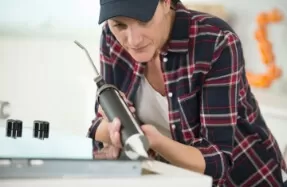Blog
Four Most Popular Types Of Concrete Floor Coatings
Floors take a lot of punishment from everyday use. From the pressure that is applied by loads (think f the weight a garage floor has to bear) and the effects of water, it becomes vital to protect your floor from these elements. Water especially is bad for floors, as it causes concrete to crack. This is because water droplets make their way into cracks. When the water freezes during the cold season, it expands and causes the tiny gaps to become cracks. When this process is repeated several times, your once shiny concrete floor becomes riddles with cracks.
If the floor is bearing significant weight sch as vehicles and other loads, this will only serve to hasten the destruction of your beautiful floor. So what can you do about it? Fortunately, there are many different products that can help to waterproof your concrete floor. In this article, we are going to look at some popular concrete floor coating.
Epoxy Coatings
This type of concrete floor coating is especially good in surfaces that have to bear a lot of weight, or need extra tough protection. You are likely to find this coating being used in industrial floor, manufacturing plants and garages. Epoxy is great as it not only protects your floor but ensures that the structure is stronger. This way, it works for heavy-duty applications very well. The biggest drawback of epoxy as a concrete floor coating is how tedious it i to apply. To get the best results from this type of concrete floor coating, it is vital that your floor must be free of any dirt or other contaminants. This means that installation requires a tedious process of surface preparation that many people find cumbersome and sometime even expensive.
Polyurethane Floor Coatings
Thee are polymers that, on the surface, look like epoxy coatings but have very different properties. One of the reasons why epoxy is ideal for heavy dirty use is because it dries to become stiff and impact resistant. Polyurethane coatings on the other hand produce a thin and flexible coating that is somewhat elastic. This is useful as any shocks are absorbed by the polymer compound, keeping your floor as smooth d shiny as it was at the beginning. However, this makes it unsuitable for surfaces with a lot of traffic and heavy loads. Instead, this polymer is used mostly in areas that mostly have human traffic. You will also find it ideal to coat surfaces in homes and decks, where the load placed on such surfaces is very limited. Another drawback of Polyurethane is that they may not be ideal for areas with lots of moisture.
Polyaspartic Coatings
These are coating that are made from polymer compounds and typically need catalyst in order to be effective sealants. The great thing about these floor coatings is that they are pretty effective and often give complete protection with just one coating. This significantly reduces the time and effort needed for application. Another advantage of Polyaspartic Coatings is that they have a relative short curing time. Some Polyaspartic Coatings need just a few hours to cure, and the floor can be used again after that. This is great for industrial applications as the factory process resumes after only a short time down.
Acrylic Coatings
This is a type of polymer coating that has different properties from the ones we have covered earlier. This type of floor coating offers a shiny and transparent membrane that protects the concrete below. Because of its clear and shiny nature, it is ideal for decorative concrete, as it brings out the best int he colors beneath it. It may however need a lot more maintenance than the other floor coatings we have talked about.




